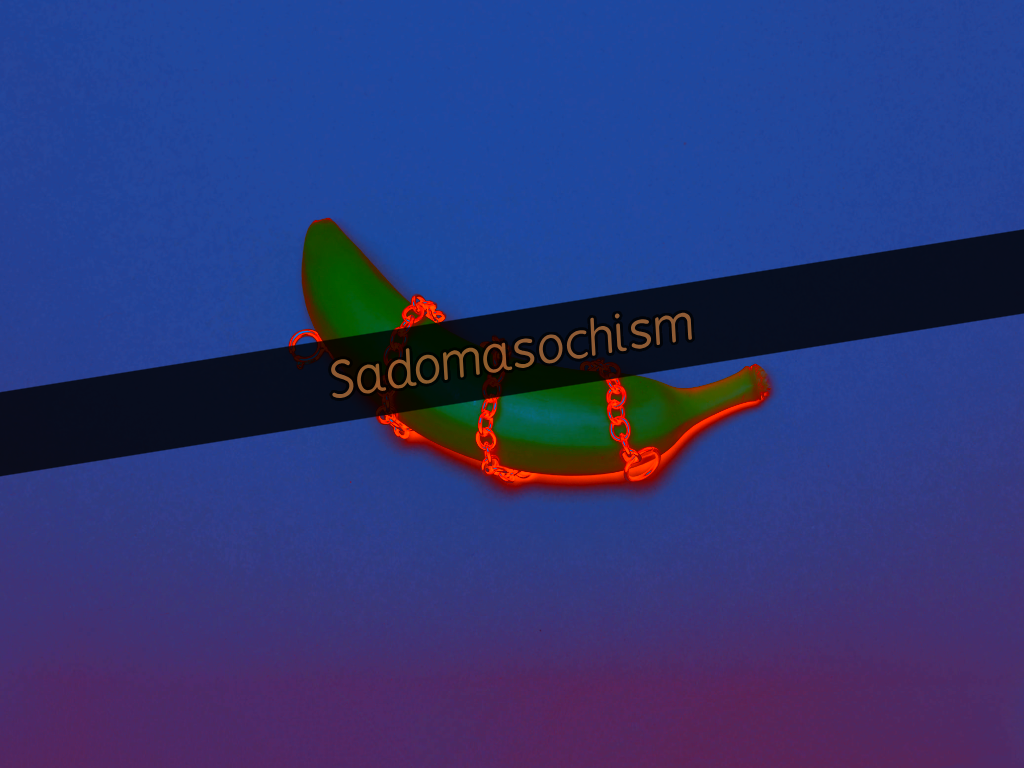Last Updated on July 23, 2025 by Lexi Kisses
Usually, when a person expresses an abnormal kink, they think, what the hell happened to me? Well, psychotherapist Stanley Siegel tries to answer that question in his book Your Brain on Sex. Did you want the answer to it? Probably not, but we got it, and knowing is half the battle to making sex healing and empowering, or at least that’s what Siegel thinks. Let’s discuss Stanley Siegel’s theory on kinks and fantasies.
Stanley Siegel’s View on Sex
“Sex is a doorway into our deepest psyches. Sex can help heal our lives.” (Siegel, 2019, p. 1)
Siegel completely disagrees with the way the general population treats sex. He believes that discussing sex openly is mandatory if we wish to avoid the shame and dysfunctionality that comes with hiding it in secrecy and silence. Siegel suspects that once discussions on sex happen, we will begin to have smarter and more fulfilling sex because we will be acknowledging our true desires, which we can use to heal ourselves.
Stanley Siegel’s Theory on Kink & Fantasies
The human body is hardwired for self-recovery, healing itself from sickness and physical pain. What then does the body do when the pain is emotional/mental? How does it heal from sadness, anxiety, fear, and anger? Kink & fantasies, or at least that’s Stanley Siegel’s theory, and his reasoning behind it is genuinely convincing.
Siegel states that human beings use fantasies all the time to heal from things out of their control, even during their adolescence (they’re just not sexual yet). For instance, kids pretend to be things like princesses, firefighters, and police officers to feel powerful in a world where older people are in charge. Siegel believes that as we grow older, so do these fantasies, and during our sexual teen years, we begin to eroticize unmet childhood needs and unconsciously turn them into kinks and sexual fantasies in an attempt to heal ourselves. This, according to his theory, is the brain’s way of “turning painful experiences into pleasurable ones to counteract their power over us” (Siegel, 2019, p.2).
To put this theory into perspective here are a few examples:
- Feelings of helplessness and powerlessness are natural to have as a child, but when a parent misuses their authority and defines their parental relationship on domination and control, instead of understanding, this can cause the child to feel incredibly powerless, helpless, or worthless and some of them will sexualize those feelings. These feelings can manifest themselves into fantasies of submission, punishment, discipline, or humiliation.
- For some children, feelings of guilt and shame were overused to influence, teach lessons and control behavior. In turn, to deal with the stress of such feelings, they begin to eroticize them. The kinks that formulate from these emotions can be varying. Some will find the act of being naughty and doing forbidden sexual acts arousing, while others may engage in consensual non-consent to put the power in their partner’s hand without feelings of guilt for wanting sex.
- Feelings of inadequacy in childhood stem from frequent negative comparisons and critical comments. These feelings may be eroticized as sexual fantasies in which they are treated as if they are useless, unworthy, or weak. On the other side of things, these feelings may also manifest fantasies of being completely irresistible.
So, does this mean all kinky people had traumatic upbringings? Absolutely not. Siegel states, and I quote, “I have never met someone who has grown out of childhood without some conflict or unmet need.” meaning; it just happens! Parents can’t be perfect (no one can), so mistakes will happen, and fantasy is a way of healing from the aftermath because it gives the person power over a situation they once had none over.
Final Thoughts
I found myself constantly in awe while reading Stanley Siegel’s theory on healing fantasies. I think the general population can greatly benefit from his findings on where sexual fantasies come from. Many people feel shame purely because they think their sexual wants are immoral; however, by breaking down the mental aspects of what arouses them, they can begin to understand and accept their unique sexuality. And this is ultimately what Stanley Siegel wants, for people to accept their fantasies and use them to heal; this is the basis of his 6 steps of intelligent lust practice, which can be read about in his book.





One comment on “Psychotherapist Stanley Siegel’s Theory on Kink & Fantasies”